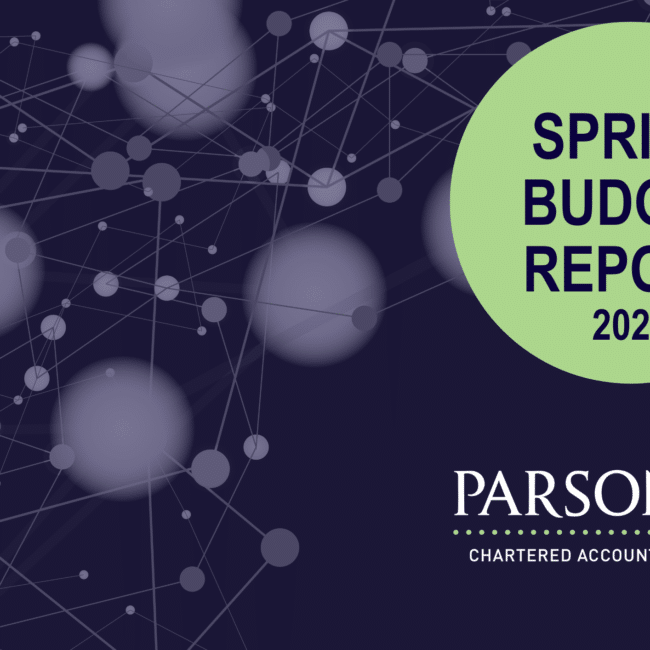UK plastic packaging tax – what you need to know
What do you need to know about the UK Plastic Packaging Tax?
The Plastic Packaging Tax (PPT) affects UK manufacturers and users of plastic packaging – a wide range of businesses, from manufacturers to online retailers, through food and drinks, pharmaceutical, and chemical companies.. It’s part of a government drive to reduce the amount of plastic packaging used whilst increasing recycled plastic.
If you have manufactured or imported 10 or more tonnes of plastic packaging in the last 12 months, you may need to register for the tax.
What plastic packaging does the tax apply to?
The plastic tax applies to all packaging but the key number is 30%.
You will need to pay Plastic Packaging Tax if you have manufactured or imported plastic packaging components which contain less than 30% recycled plastic. After 1 April 2023, it will be taxed at £210.82/tonne. This includes plastic used in packaging on goods you buy.
Are there exemptions?
“Small operators” which have used less than 10 tonnes of plastic in the last 12 months will be able to apply for an exemption from paying the plastic tax.
There are four exemption categories to materials qualifying for the new plastic tax. These include:
- Immediate packaging of licensed human medicinal products
- Plastic packing components permanently recorded as set aside for non-packaging use (e.g. plastic film used to coat white boards)
- Transport packaging for international goods
- Packaging for aircraft, ship or train stores for international journeys
Even if some packaging is exempt from the tax, it might still count towards the 10 tonne threshold for registration.
Steps to take if your business might need to pay Plastic Packaging Tax
You should register your business for the plastic packaging tax, even if you think you will meet the 30% recycled content threshold.
You need to register for PPT if either of the following apply:
- you expect to manufacture or import 10 or more tonnes of plastic packaging in the next 30 days (the ‘forward look’ test); or
- you have manufactured or imported 10 or more tonnes of plastic packaging since 1 April 2022 (the ‘backward look’ test).
Use processes to track your plastic use. You need to be able to provide evidence of the volume of plastic your businesses uses, as well as the recycled content of the plastic. Record-keeping will be important so you understand your company’s tax liabilities and can plan cashflow accordingly.
It’s also important you assess your supply chain to determine which business has the obligations when it comes to the plastic packaging tax. It is possible to pass obligations up and down the supply chain but you might need specialist help to do this.
Once you are registered for PPT, you will need to submit a return to HMRC, 4 times a year
Your return must cover an accounting period. The 2023 to 2024 accounting periods are:
- 1 April to 30 June 2023,
- 1 July to 30 September 2023,
- 1 October to 31 December 2023, and
- 1 January to 31 March 2024.
You must submit the return and pay any tax due no later than the last working day of the month, following the end of the accounting period you are reporting.
The deadlines to submit returns and pay any tax for the 2023 to 2024 accounting periods are:
- 1 April to 30 June 2023 – deadline is Monday 31 July 2023
- 1 July to 30 September 2023 – deadline is Tuesday 31 October 2023
- 1 October to 31 December 2023 – deadline is Wednesday 31 January 2024
- 1 January to 31 March 2024 – deadline is Tuesday 30 April 2024
Supporting you to prepare
Our team can help you to establish your liability, implement processes, explore exemptions and reliefs, and pay your Plastic Packaging Tax Return. Contact us if you need advice.
More details about the Plastic Packaging Tax can be found at Plastic Packaging Tax – GOV.UK (www.gov.uk)







